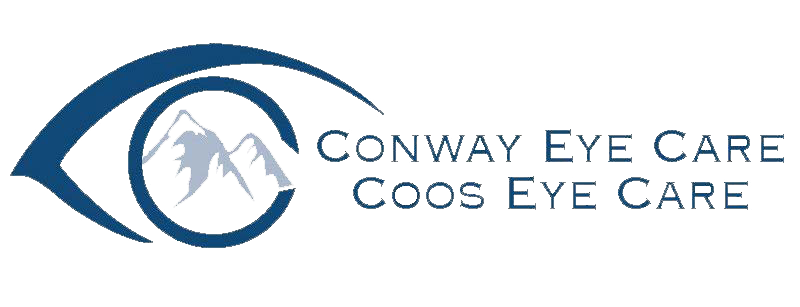As spring arrives, many people start to experience uncomfortable allergy symptoms in their eyes, nasal passages or throat. It is estimated that 55% of Americans suffer from some sort of allergy, with many being affected by airborne allergens that can irritate the eyes.
What are Allergens?
Allergens are substances that irritate mucus membranes of the allergy sufferer including the nose, throat and eyes. Allergens can include organic substances such as pollen from trees, weeds or grass and mold spores. Other allergens include smoke, chlorine in pools, dust and pet dander. Allergens can irritate the tissues lining the nose and the clear layer of skin overlying the eyes called the conjunctiva causing a reaction that includes itching, swelling, tearing, and general discomfort. Ocular conjunctivitis or irritation of the eyes can be caused by allergens, but may also be exacerbated by contact lenses, viral or bacterial infections or injury to the eye.
What are the Symptoms of Eye Allergies?
The symptoms of eye-related allergies include: itchy eyes; redness; excess tearing; burning sensations; blurred vision; and excess mucous or crustiness around the eyes. These symptoms can occur seasonally or year-round. The timing of the symptoms can often help to identify the type of allergen causing the symptoms. If symptoms are persistent throughout the year, the likely culprit could be pet dander, household dust mites, or another indoor source. If symptoms are present only for short periods of time or during the spring, summer or fall, the cause is more likely related to outdoor allergens such as mold spores or pollen from trees, weeds or grass.
Self-treatment at Home
If your eye allergies are present year-round, you may want to take lifestyle steps to avoid contact with the suspected allergen. Keeping things that harbor allergens to a minimum might include removing excess bedding, pillows or dust ruffles. Reorganizing or storing objects that attract dust can be an effective preventive step. Dog, cats and other pets can also be a source of allergens.
The effects from outdoor allergens such as pollen from trees grass and weeds can be relieved in mild cases by avoiding rubbing of the eyes, and applying cool compresses to the affected eyes. Keeping windows and doors closed can also limit the eye’s exposure to pollen.
Over the counter antihistamine eye drops may alleviate symptoms and a lubricating eye drop can help to flush allergens from the eyes. Avoiding touching or rubbing the eyes can also keep irritation to a minimum. Oral non-prescription medications for allergies such as Zyrtec or Claritin may also help to alleviate symptoms affecting the eyes. We especially like an all-natural allergy eye drop from Switzerland, Similasan. This over-the-counter eye drop is relatively mild, inexpensive and widely available.
Twice daily eyewashes using an eyecup and sterile saline solution can flush much of the allergens from your eyes. Follow up the eyewash with an application of antihistamine eye drops for relief of mild symptoms.
For Persistent Symptoms
If the symptoms of itching, burning, tearing, and excess mucous are new or become troublesome, it’s a good idea to make an appointment to see your eye doctor. He or she can examine your eyes and help to determine whether the ocular conjunctivitis is the result of allergies or another type of infection.
Chronic rubbing of the eyes as a response to allergy irritation—especially in children— can cause permanent vision loss called kerataconus. Excessive rubbing can alter and distort the corneal structure.
Prescription eye drops are available for relief from eye allergy symptoms. Several formulations are available and may require application once or twice a day for a modest time period. After a few days, most people can feel relief from the symptoms. Contact lens wearers may need to replace existing disinfecting or storage containers more often and may want to replace their lenses with a fresh pair more frequently. Daily disposal contact lenses are the best solution for allergy sufferers because they eliminate the transfer of collected allergens on the lenses over to the next day. Daily disposable contact lenses are inexpensive, correct vision as well as traditional lenses, and don’t require a regimen of daily cleaning and solutions.
Allergies can be eased with proper treatment and reasonable precautions. Many adults can see an increase in allergen reactions over time, so it is not unusual to require additional medicine or treatment. It is worth noting that despite their discomfort, allergies themselves pose no long-term threat to vision health.

